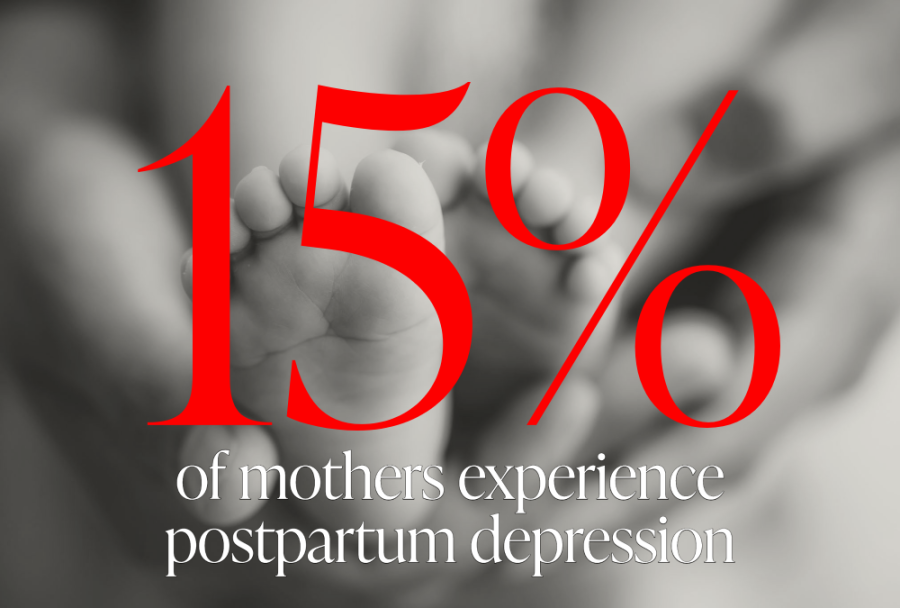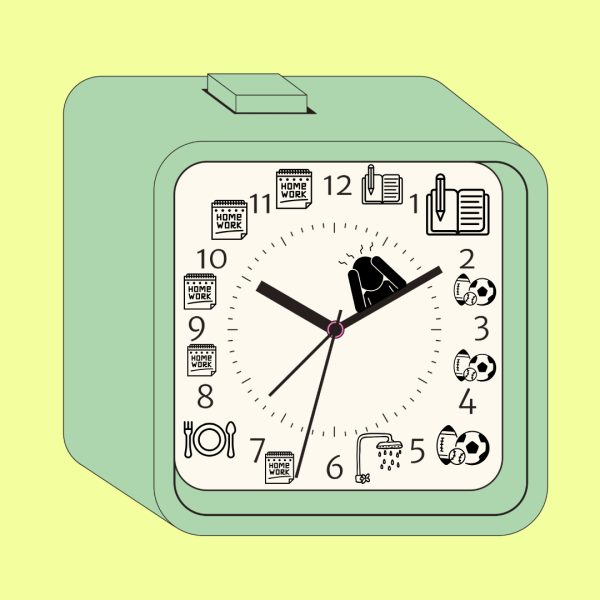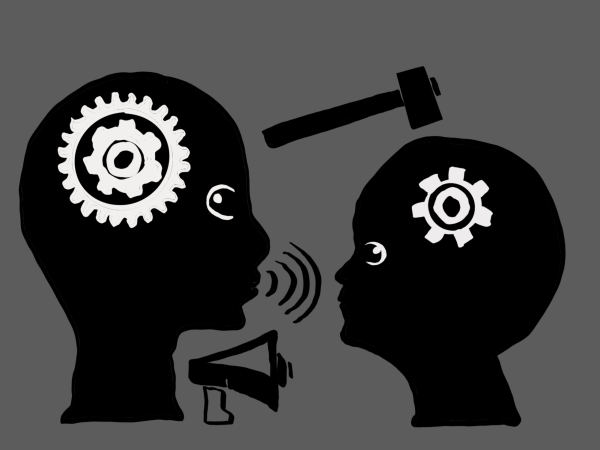Women Experiencing Postpartum Depression Deserve Compassion
Postpartum depression and psychosis has become a relevant topic of conversation following the recent death of three children from Duxbury. Postpartum depression affects 1 out of 7 women, which is about 15%. Many woman who suffer from this illness are scared to come forward because of the fear of not being believed, listened to or taken seriously. When women do not get the help they need, the condition will begin to affect families as well as the individual tremendously and make the situation more extreme and severe.
Postpartum depression is, most of the time, not taken as seriously as it needs to be. Women are taught to believe that having children is an essential part of life and a happy miracle. which is a mindset that thoroughly impacts women to not want to speak out about their struggles. Women feel they should have an overbearing amount of happiness as soon as their baby is born, but that is not the case for everyone. New parents are made to feel that they will have the most magical feeling when their new baby is placed in their arms. When women do not have this feeling and become depressed after having their baby, the misconception is that they do not love their child, when in reality the mother is mentally ill. People may struggle to view PPD as a serious mental illness but it truly is and just like any other mental illness, women need support to get through this time of darkness.
When a baby is born, all of the attention is placed solely on the child. All parties including family, friends and doctors are wanting to know the details of the baby, making sure they are healthy, and not really worrying about the mother. In rare cases, mothers suffering from untreated Postpartum Depression will eventually reach the point of Postpartum Psychosis which is much more severe. As the dictionary definition states, psychosis is “a serious mental condition in which thought and emotions are so affected that contact is lost with external reality.” The mother ends up feeling so badly about herself that a lot of the time, they feel their children do not deserve to grow up with such a horrible mother.
Ending the stigma of mental health among expecting and new mothers could save families from extreme heartache. No mother should be scared to focus on the health of herself, mental or physical, and it should never be looked at as the woman being ungrateful. It is easy for a new mother to get caught up in trying to be the perfect parent-focusing solely on the well-being of the child. Without a mentally stable mother, all of the effort to be perfect means nothing at the end of the day if the mother is struggling in her mental state.

Liv Carney, class of 2024, is the Lifestyle Editor for the Searchlight. Outside of Walpole High School, she works at Kohls and enjoys spending time with...












